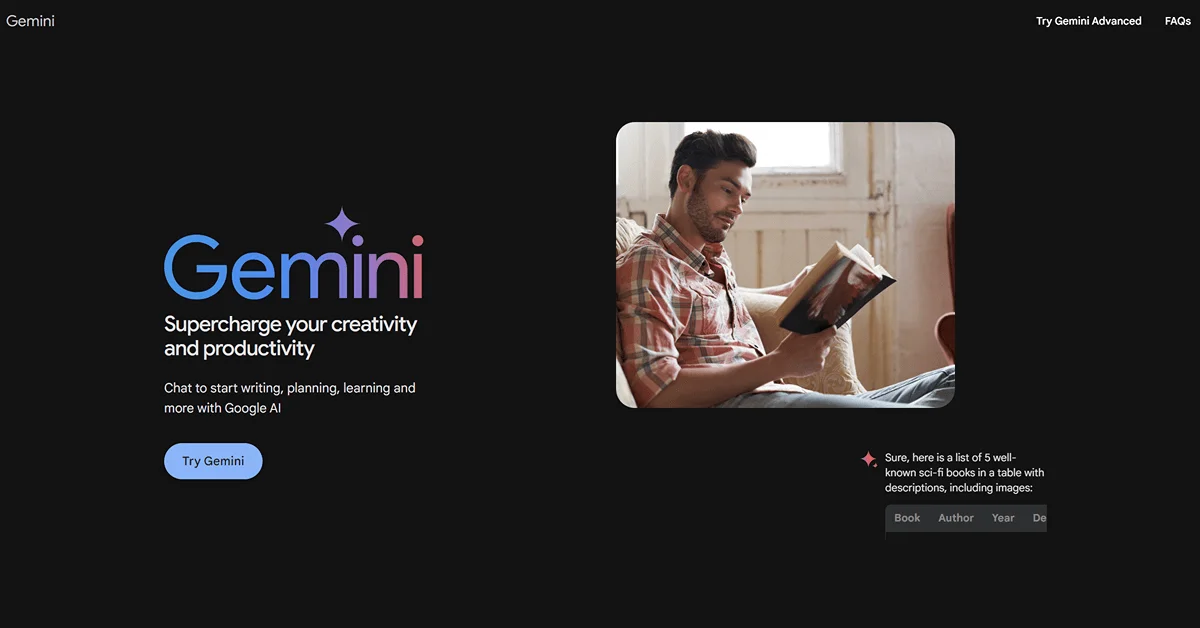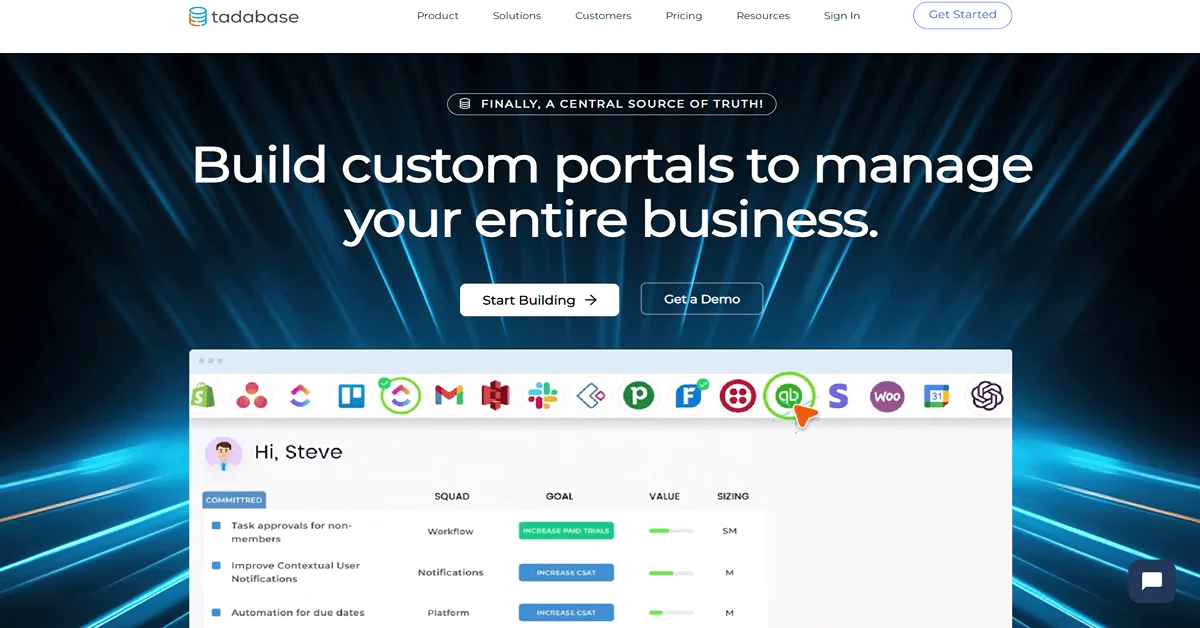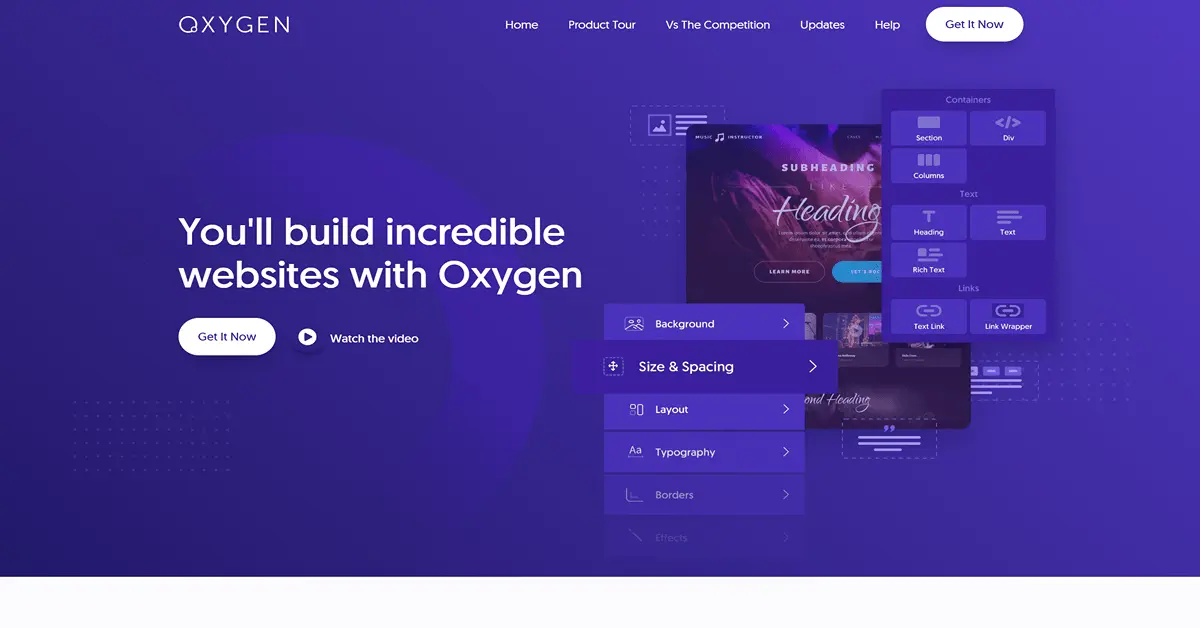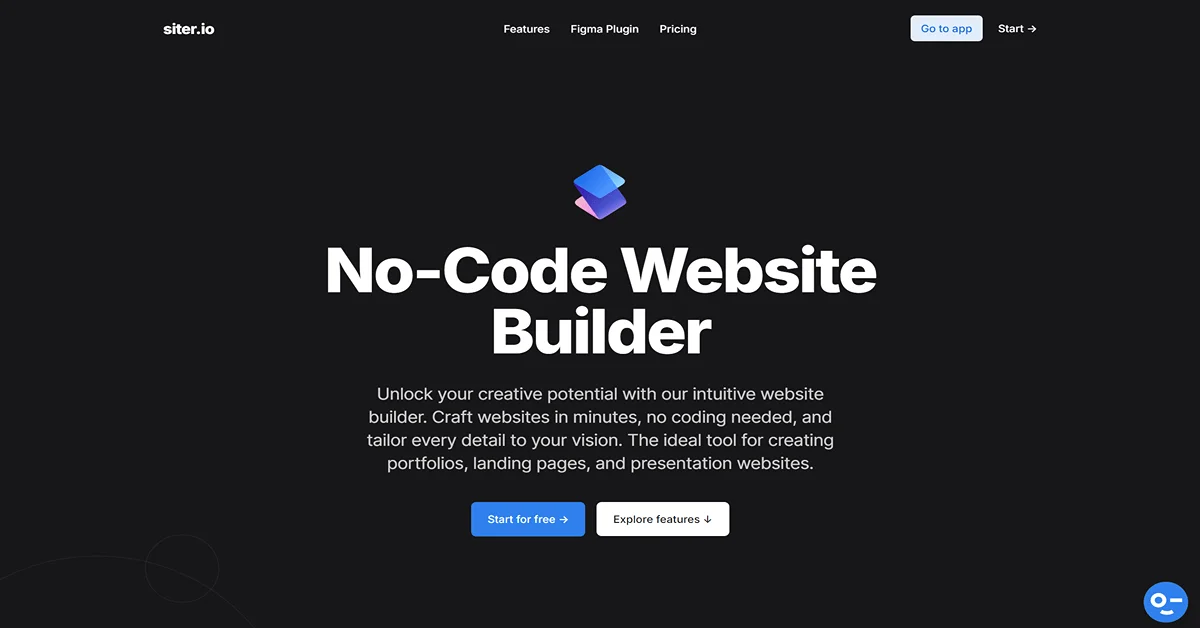Vibe Code vs Real Developers: Why Both Will Thrive in 2025

The Fear vs. The Reality
Every time a new development tool emerges, the same panic spreads: "Will developers become obsolete?"
With AI-powered "vibe coding" tools hitting the market, this fear is louder than ever. But history tells a different story.
Spoiler alert: Real developers aren't going anywhere. Instead, we're witnessing the birth of an entirely new market.
What is Vibe Code?
Vibe code refers to AI-powered development tools where you describe what you want in natural language, and the AI generates functional code.
Popular examples:
- GitHub Copilot
- ChatGPT for coding
- Claude for coding
- Cursor AI
- v0 by Vercel
- Replit AI
- Lovable AI
Why Developers Are Safe (And Thriving)

1. Complexity Always Wins
| What Vibe Code Handles | What Requires Real Developers |
|---|---|
| Standard CRUD apps | Complex system architecture |
| Basic UI components | Performance optimization |
| Simple integrations | Security implementations |
| Boilerplate code | Scalability solutions |
| Prototypes & MVPs | Mission-critical systems |
The pattern: As tools handle the simple 80%, the complex 20% becomes more valuable and specialized.
2. Someone Needs to Steer the Ship
Vibe code doesn't replace developers—it changes what they do:
Before AI:
- ❌ Writing repetitive boilerplate
- ❌ Debugging syntax errors
- ❌ Googling Stack Overflow
- ❌ Manual testing
After AI:
- ✅ System architecture decisions
- ✅ Code review and quality control
- ✅ Integration strategy
- ✅ Security auditing
- ✅ Performance optimization
3. AI Makes Mistakes (A Lot)

Current limitations of vibe code:
- Generates code that "works" but isn't optimized
- Misunderstands complex requirements
- Creates security vulnerabilities
- Produces unmaintainable spaghetti code
- Lacks business context
You still need experts to:
- Review AI-generated code
- Fix edge cases
- Ensure best practices
- Maintain code quality
The New Market: AI-Assisted Development
Who Benefits Most?
| Role | Impact | Opportunity |
|---|---|---|
| Non-technical founders | Build MVPs faster | Launch products without hiring developers initially |
| Designers | Create functional prototypes | Bridge design-development gap |
| Junior developers | Learn faster | Access expert-level code examples instantly |
| Senior developers | 10x productivity | Focus on architecture, not syntax |
| Product managers | Understand technical constraints | Make better product decisions |
The Emerging Roles
New job titles already appearing:
- AI Code Reviewer - Audits and refines AI-generated code
- Prompt Engineer - Specialists in getting AI to produce quality code
- Hybrid Developer - Combines vibe coding with traditional development
- AI Integration Specialist - Connects AI-generated components
- Code Architect - Designs systems that AI tools build
The Real Transformation

From Gatekeepers to Enablers
Old model: Only developers could build software New model: Anyone can build, developers ensure it's done right
Market Expansion
The software market will explode because:
- ⬆️ More people can build = More products created
- ⬆️ Faster prototyping = More experimentation
- ⬆️ Lower barriers = More innovation
- ⬆️ Increased complexity = More need for expert oversight
Result: Demand for developers increases, not decreases.
The Bottom Line
Vibe code won't replace developers any more than calculators replaced mathematicians or spell-check replaced writers.
Tools amplify human capability—they don't eliminate the need for human expertise.
What Actually Happens
More accessible tools
↓
More software created
↓
More complex problems to solve
↓
More demand for expert developers
The market doesn't shrink—it transforms and grows.
FAQ: Common Questions About Vibe Code
Q1: Will junior developers struggle to find jobs?
No, but the skillset shifts. Junior developers who can work alongside AI tools, review generated code, and understand system architecture will be more valuable than those who only write basic code.
Q2: Should I stop learning to code because of AI?
Absolutely not. Understanding code is essential to using AI tools effectively. You need to know what good code looks like to review AI output. Think of AI as a powerful assistant, not a replacement for knowledge.
Q3: What skills should developers focus on now?
Focus on: system architecture, code review, performance optimization, security, understanding business requirements, and prompt engineering. The "thinking" parts of development become more important than the "typing" parts.
Q4: Will vibe code make software development cheaper?
Initially, yes—simple projects become more affordable. But complex projects will require the same (or more) expertise to ensure AI-generated code is production-ready, secure, and maintainable.
Q5: Is this just hype, or is it really changing the industry?
It's real and accelerating. But the change isn't "AI replacing developers"—it's "AI expanding what's possible." Companies that couldn't afford custom software can now build it. Developers who adapt will find more opportunities, not fewer.